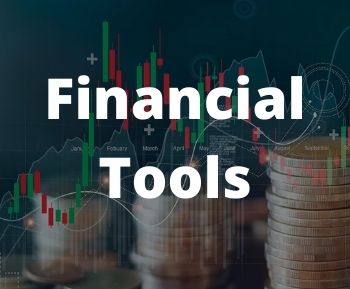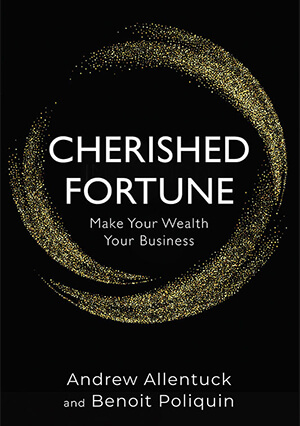At one time or another, we’ve all tormented ourselves with “could have, should have, would have” regrets. A perfect example was the financial crisis of 2007-08 that rippled around the globe. It was severe and shocked even the most seasoned investors to the point of complete capitulation.
That event was a tremendous blow to the confidence of homeowners, investors and indeed nations around the world. It wasn’t until March 9th, 2009 that the U.S market found its bottom and began the very profitable run to pre-pandemic highs. The problem with this global calamity was twofold:
- No one knew that March 9th was the actual bottom. We only know that now because we’re looking back. No one can predict or necessarily recognize the actual bottom of any market.
- At the time, there were hordes of investors who lacked the necessary guidance or advice from experienced “front line” managers to help them put aside their fears and to feel confident in re-entering the markets. In other words, seeing current prices as potential opportunities to make great returns in the future. I see much of the same today.
Again, in the world of investment management, communication with investors often focuses on explaining away average to below-average performance: boilerplate statements that sound something like “when the markets pivot,” “at least all your eggs aren’t in one basket,” “don’t panic, you’re well diversified,” and so on.
Often this results in complacency and many investors do nothing and avoid making necessary changes to their portfolio. Other investors go into panic mode: I witnessed many sell out during the market bottom of the 2007-08 crisis, and remain on the sidelines as the market starting clawing back post-March 9th, 2009. Looking back, we know many investors missed out on a 490% return on the S&P 500 or a 225% return on the TSX.
Good wealth managers should be engaging investors now, focusing on what is inevitable. Yes, inflation will remain an issue and won’t be wrestled to the ground for another 12-16 months, and interest rates will continue to be the weapon of choice to tame inflation. This game is far from over.
However, I question why so many pundits fail to understand that current global economic conditions are the result of a massive recalibration following events that have never been experienced in history – a complete global economic shutdown as a result of the pandemic.
Patience is indeed a virtue. Again, remember a bottom can’t become the bottom until you’re looking at it in the rearview mirror once market prices have gone up. Currently prices for certain top-tier stocks offer an attractive entry point for long-term investors. This is true even if today’s bear market experiences another downturn. The explanation is that current stock prices of quality companies do not reflect their underlying competitive advantage, superior profit margins and positive cash flows.
If you are searching for competitive returns from a group of seasoned “hands-on” investment managers, we’d love to hear from you. Our approach is unique and avoids the too often cliché-littered landscape of wealth management.






